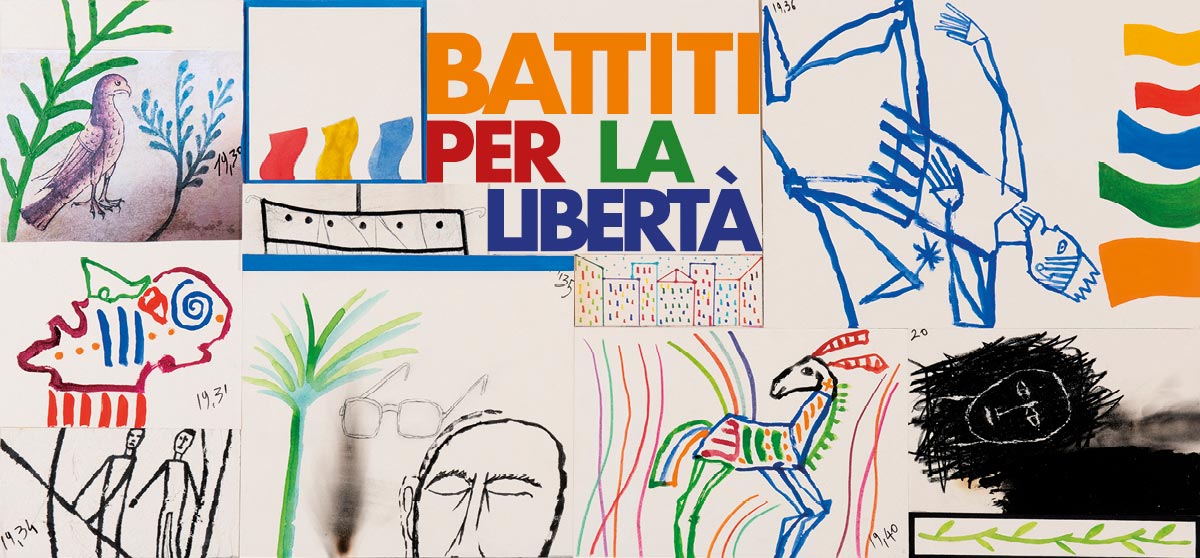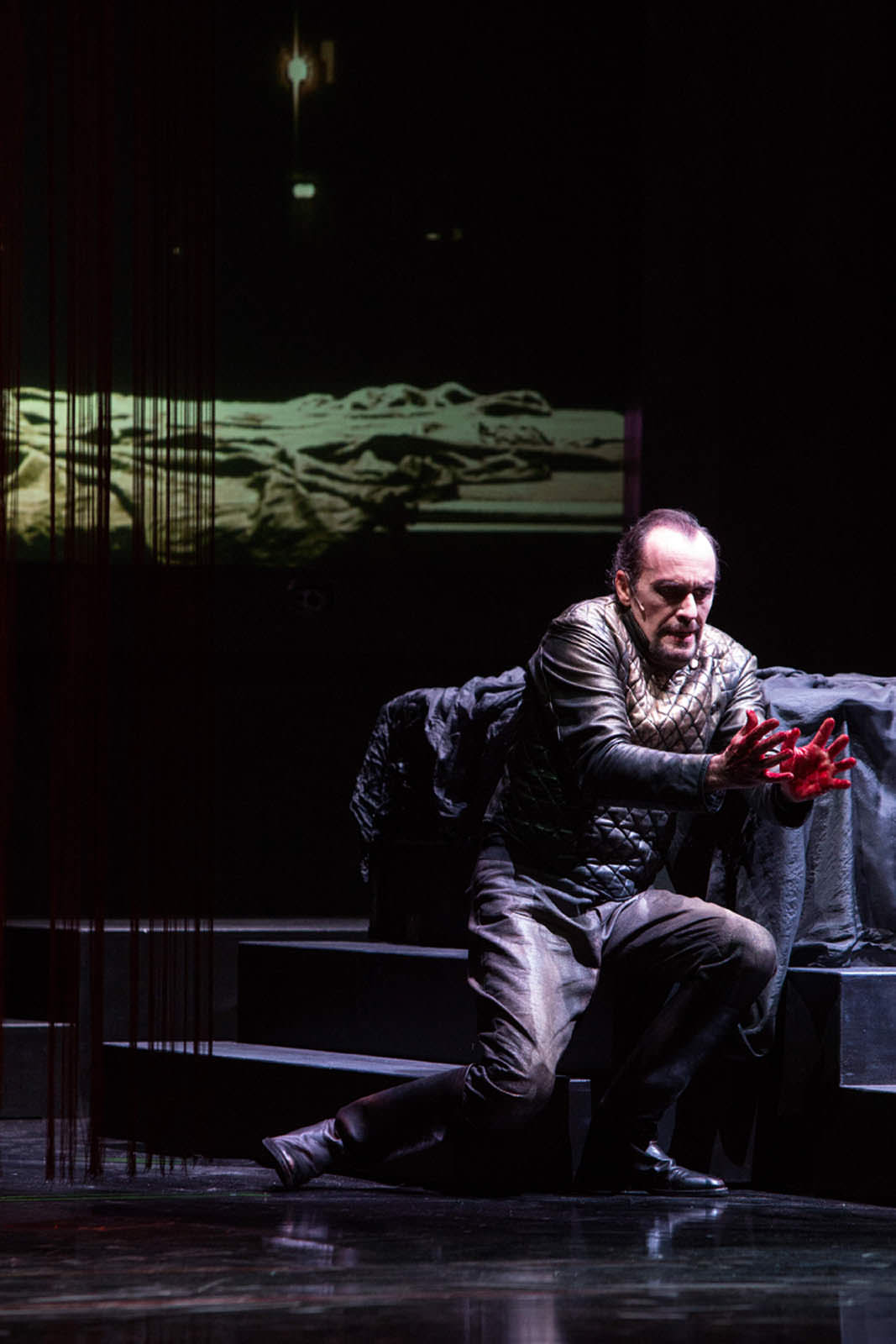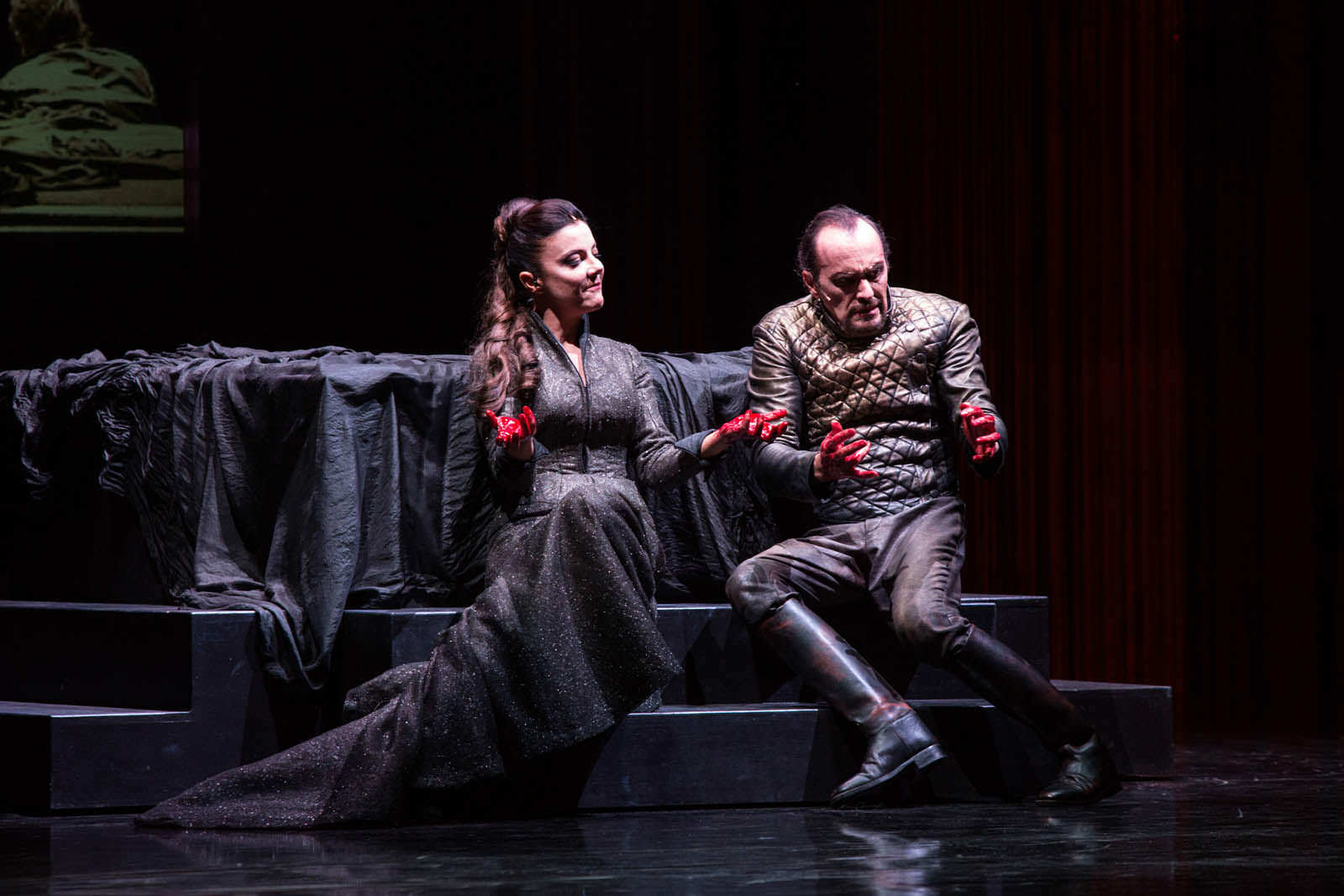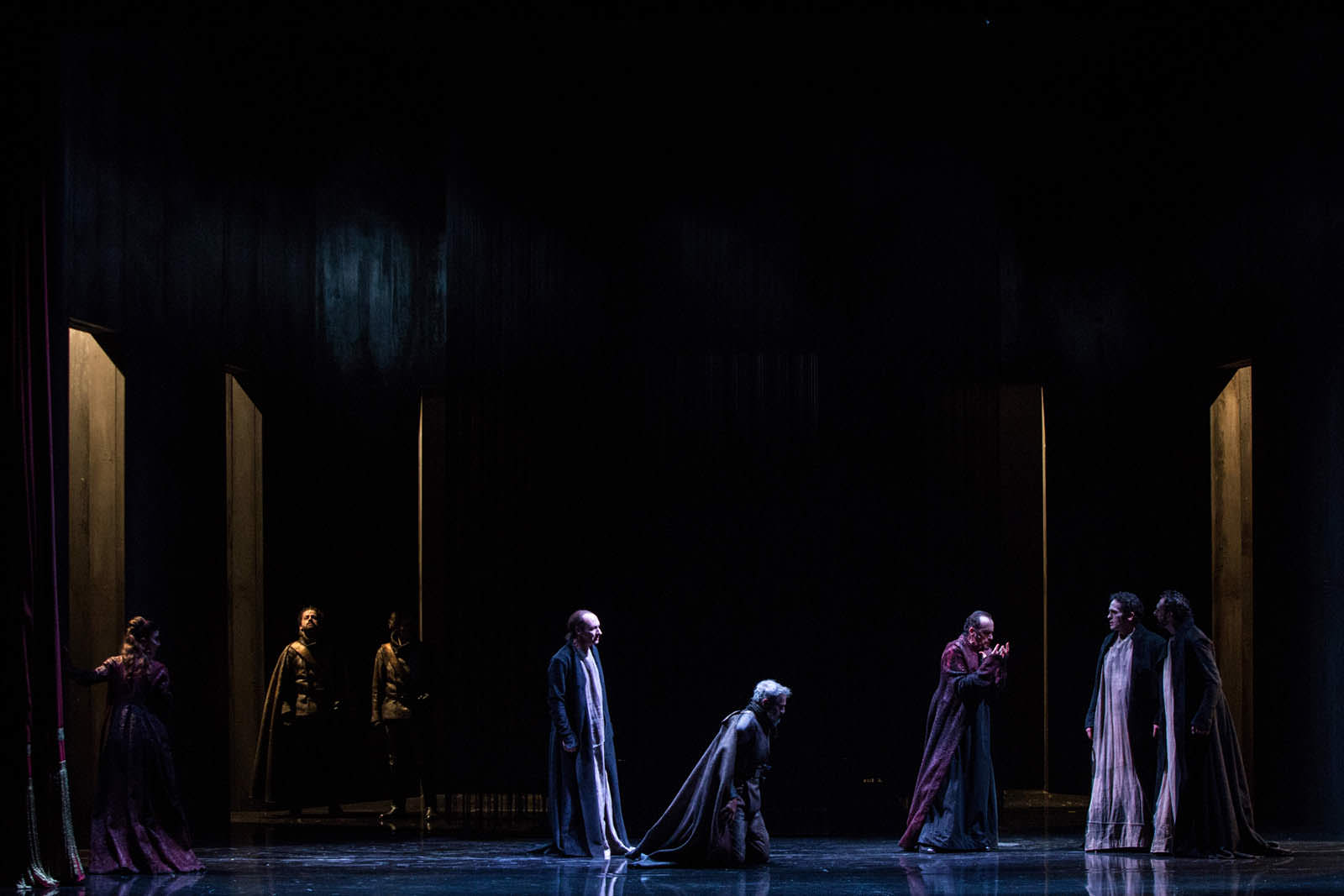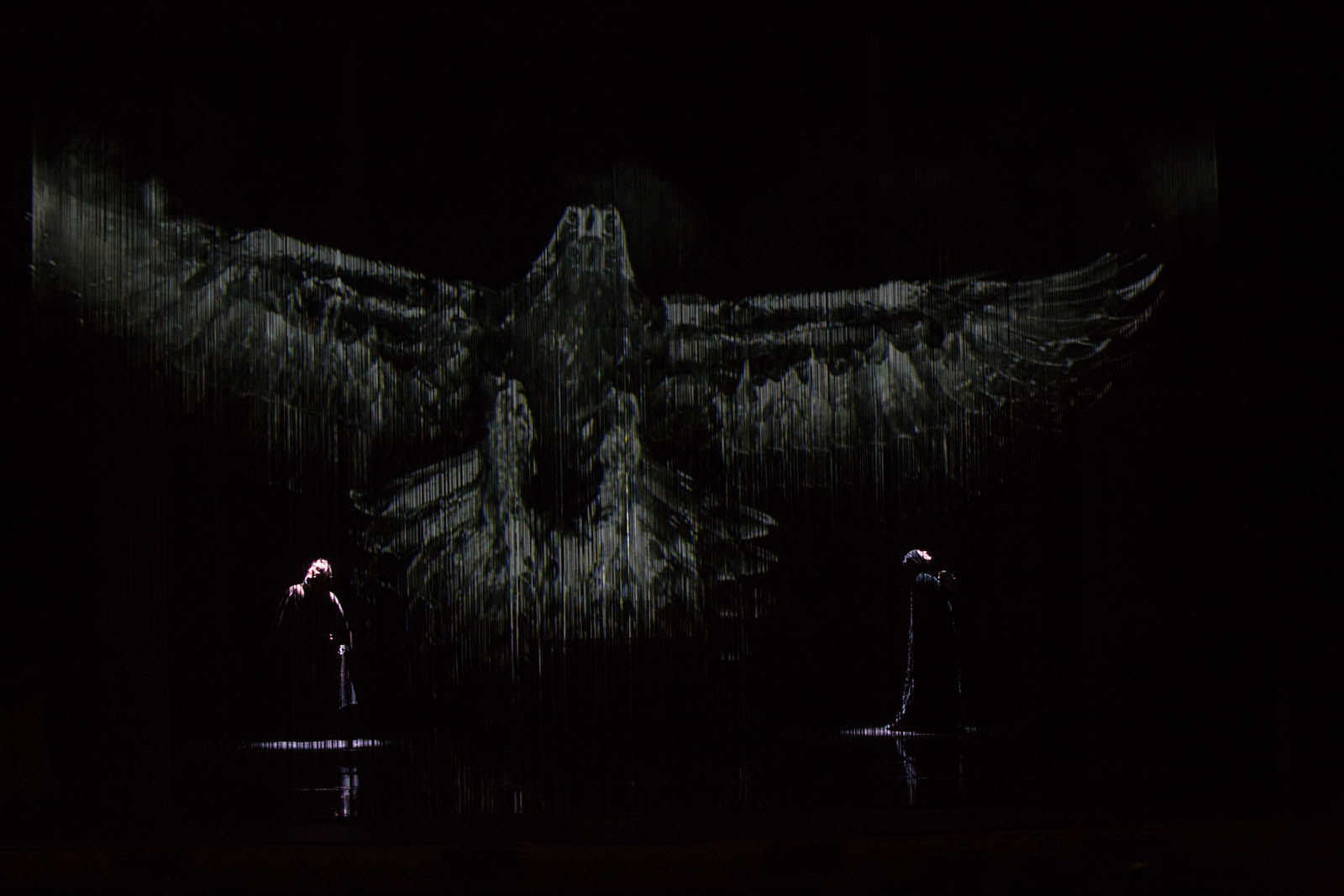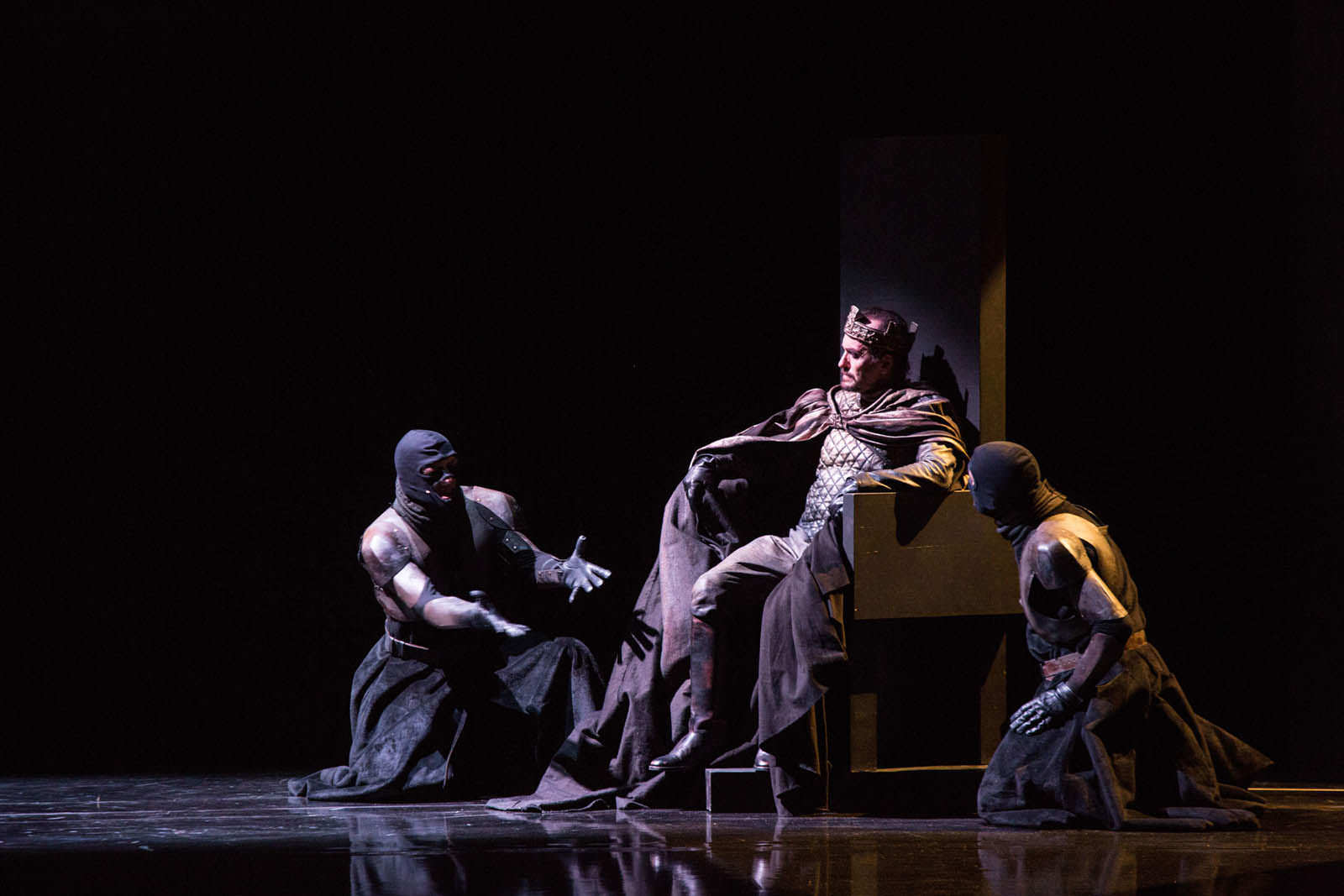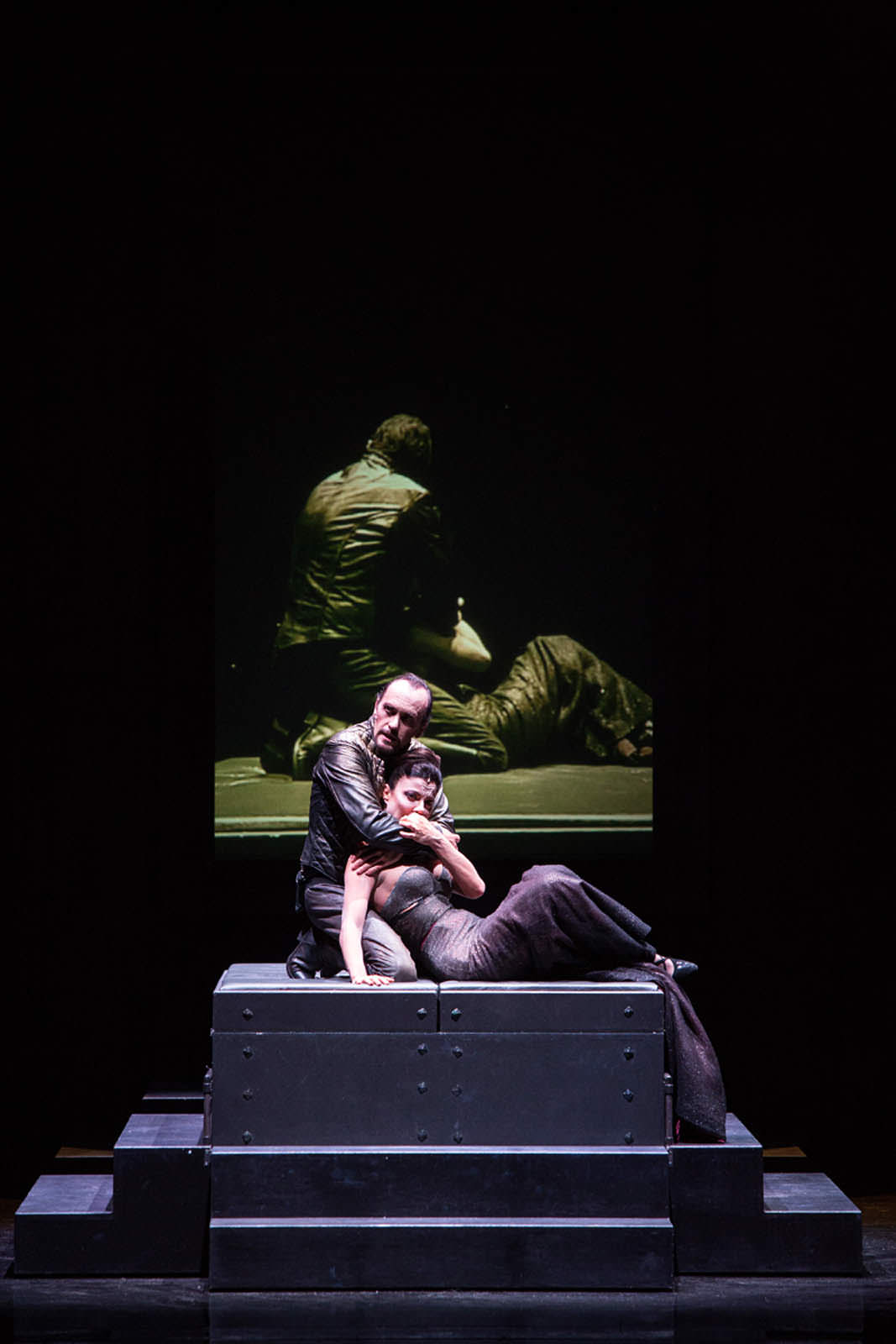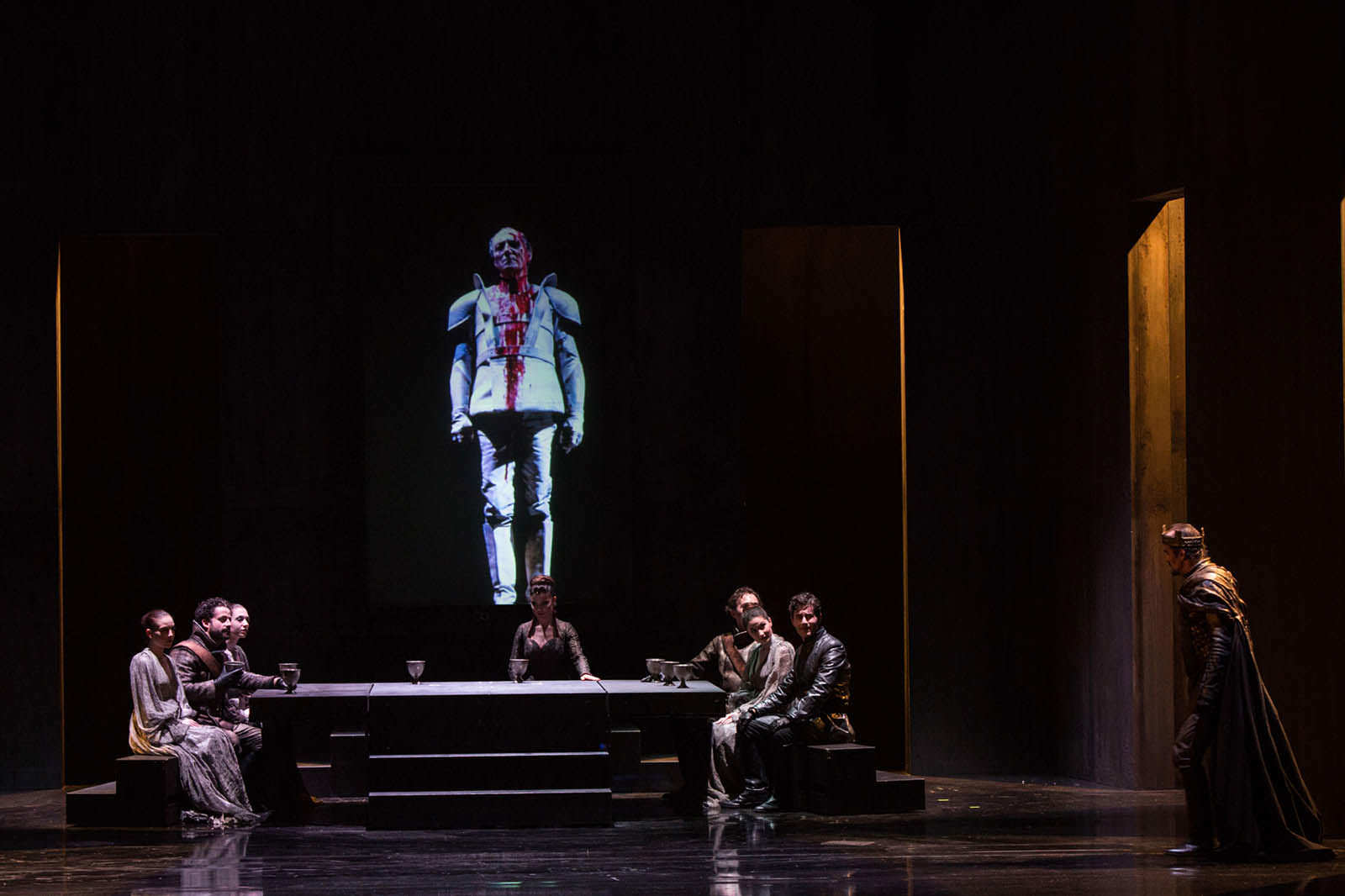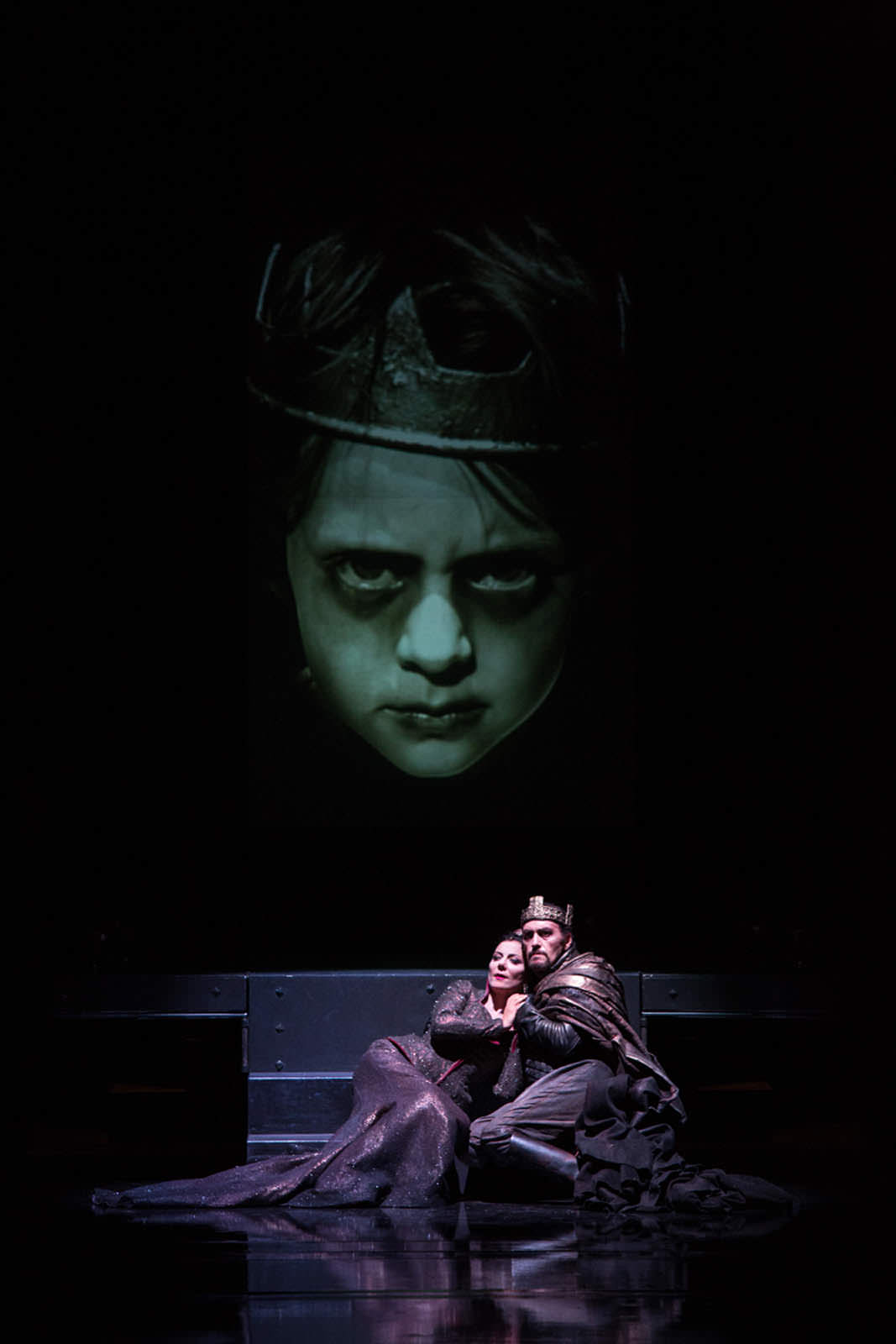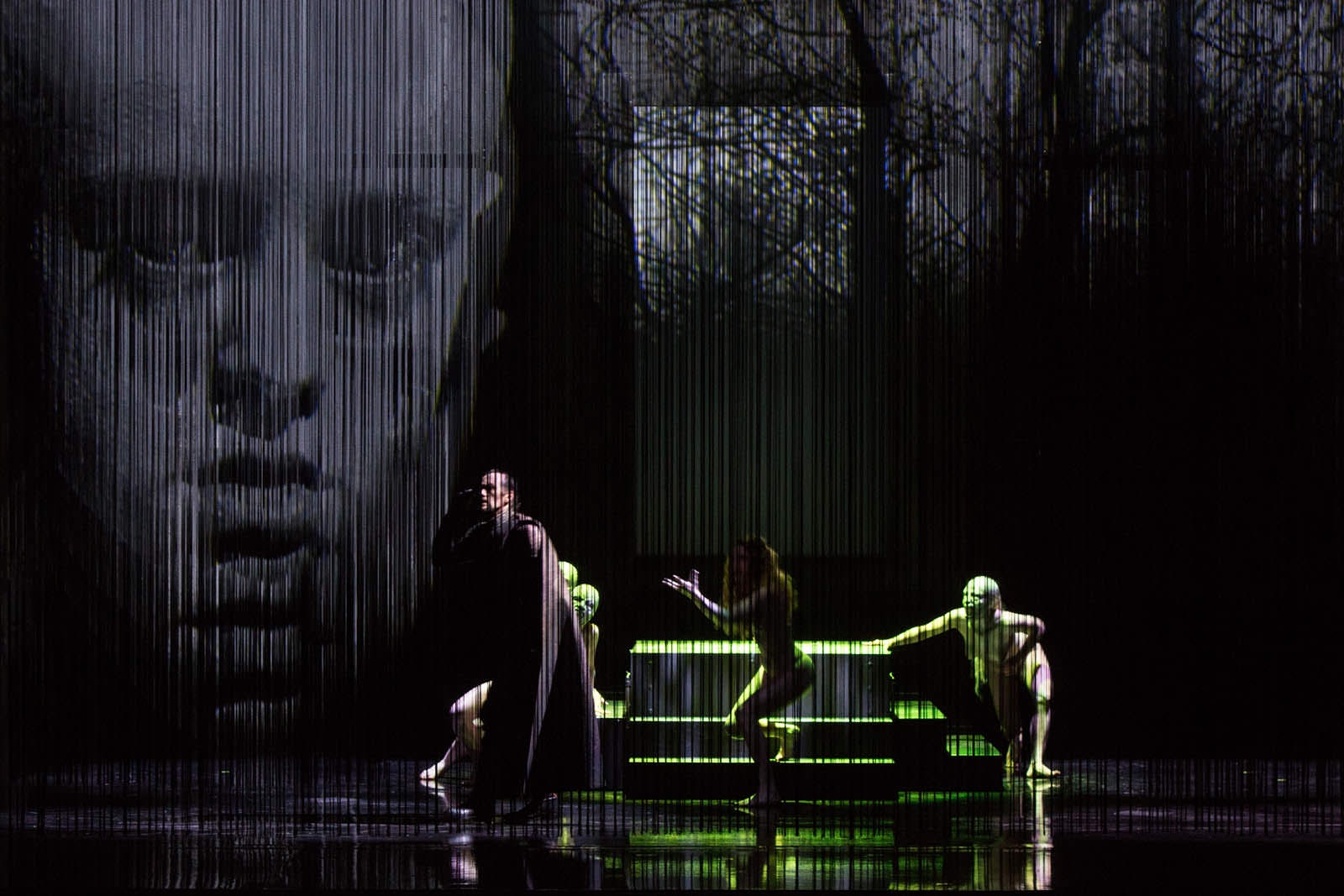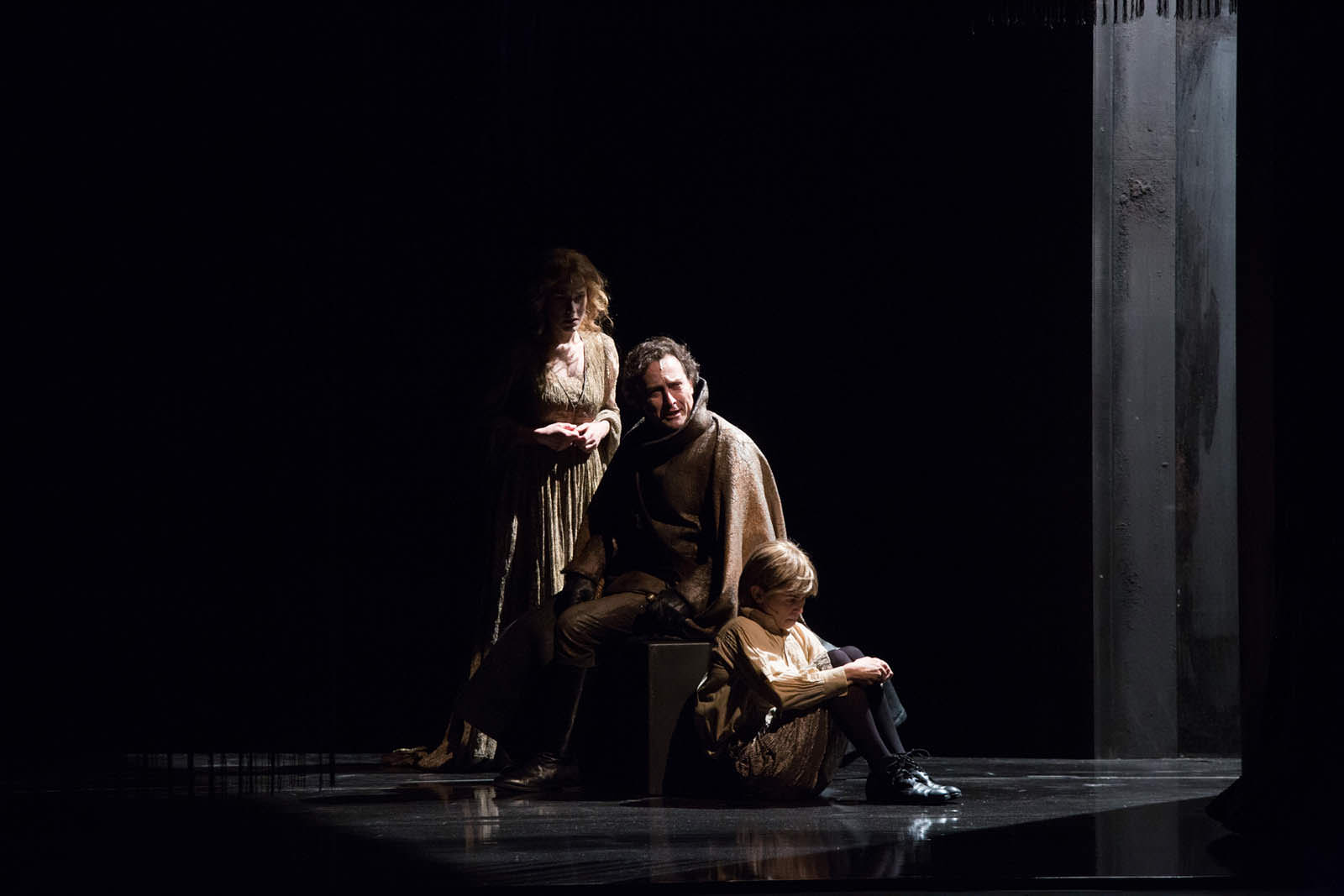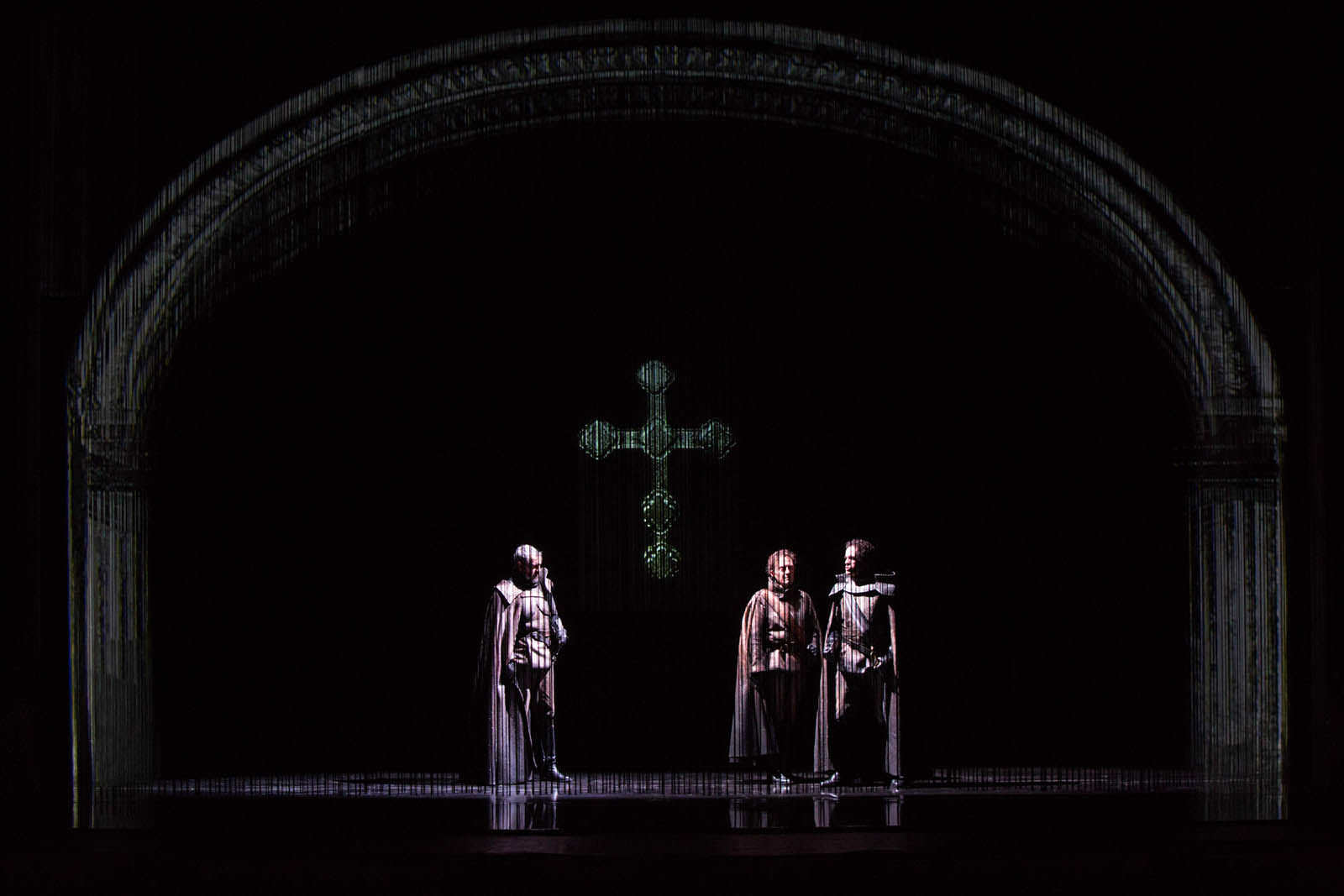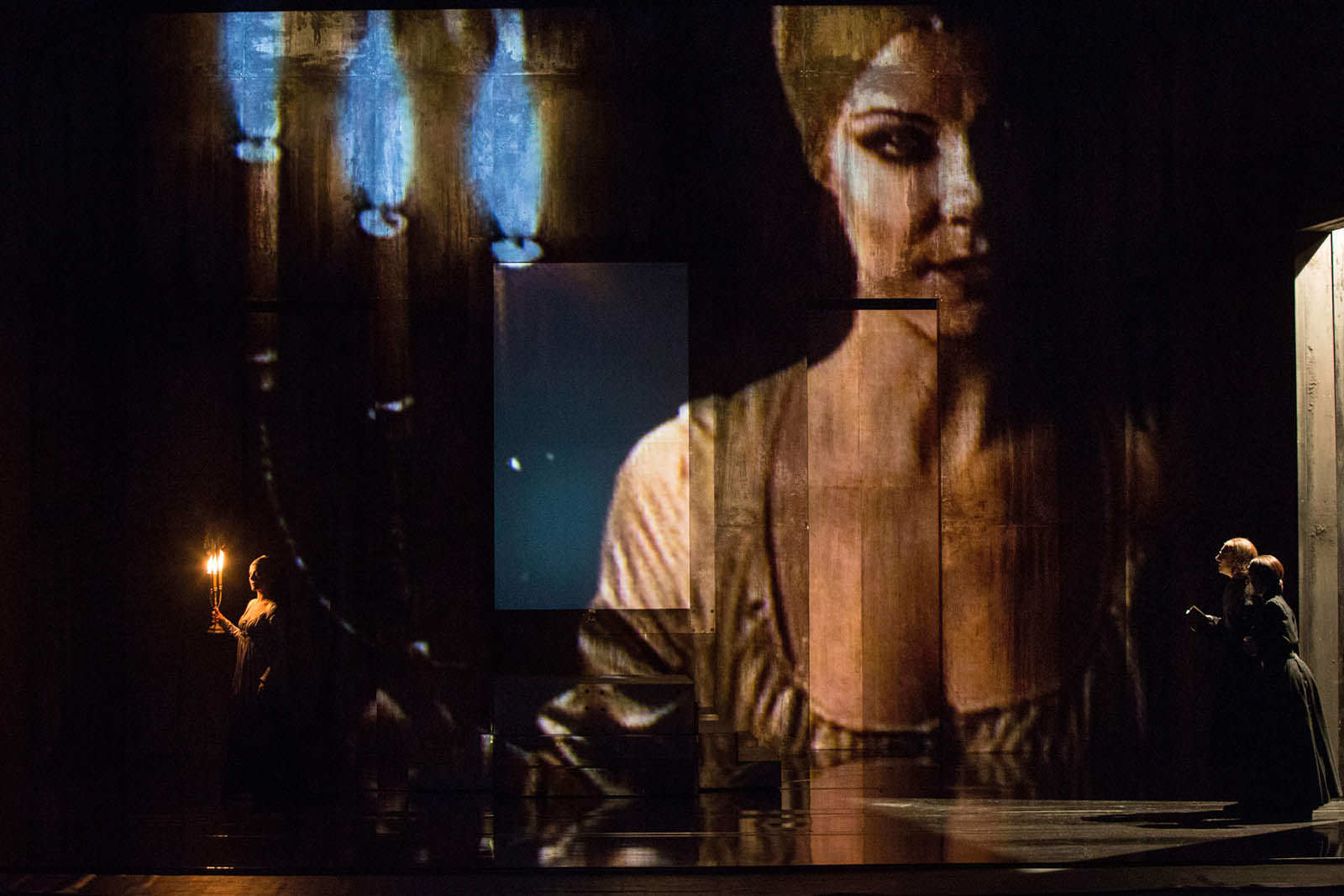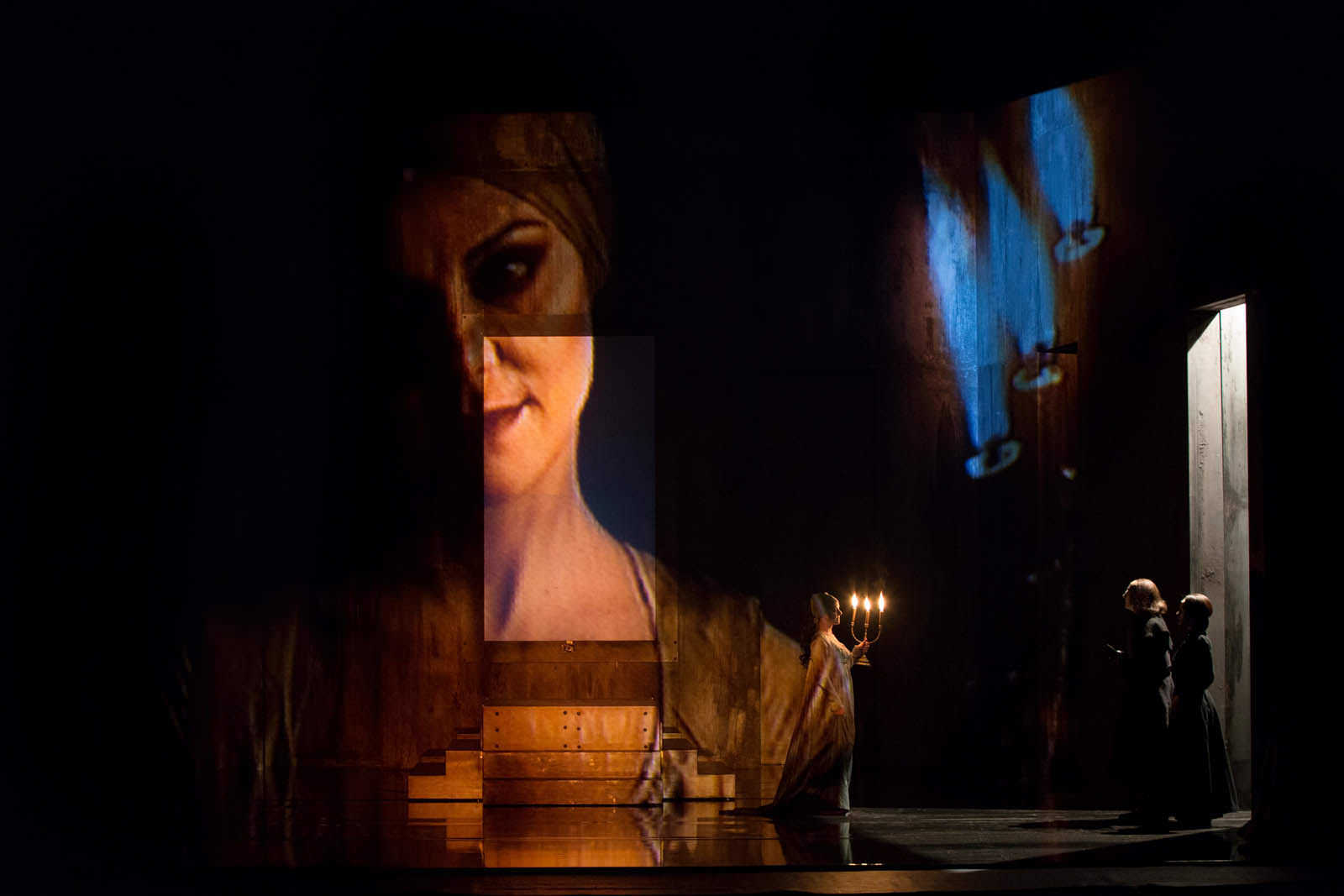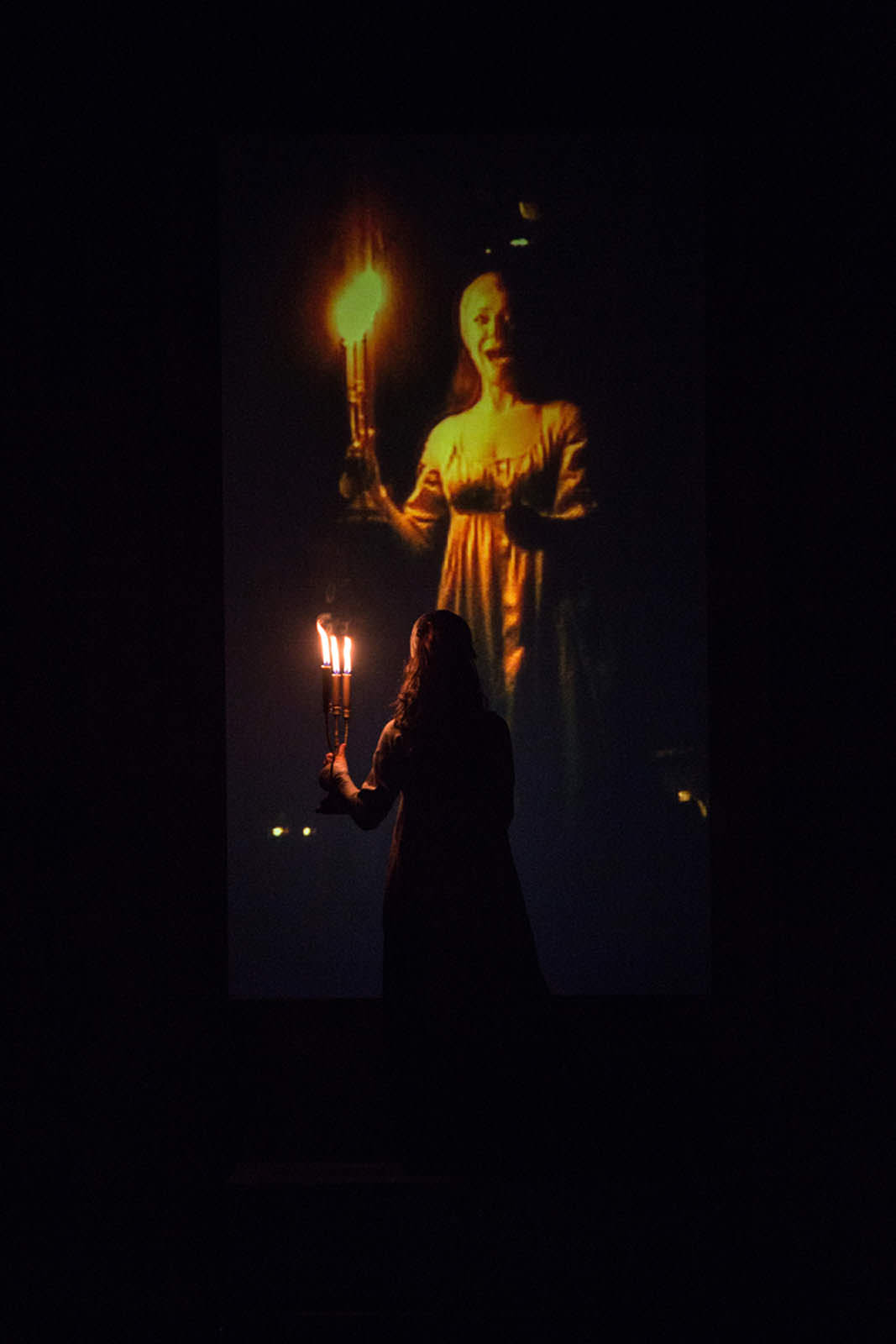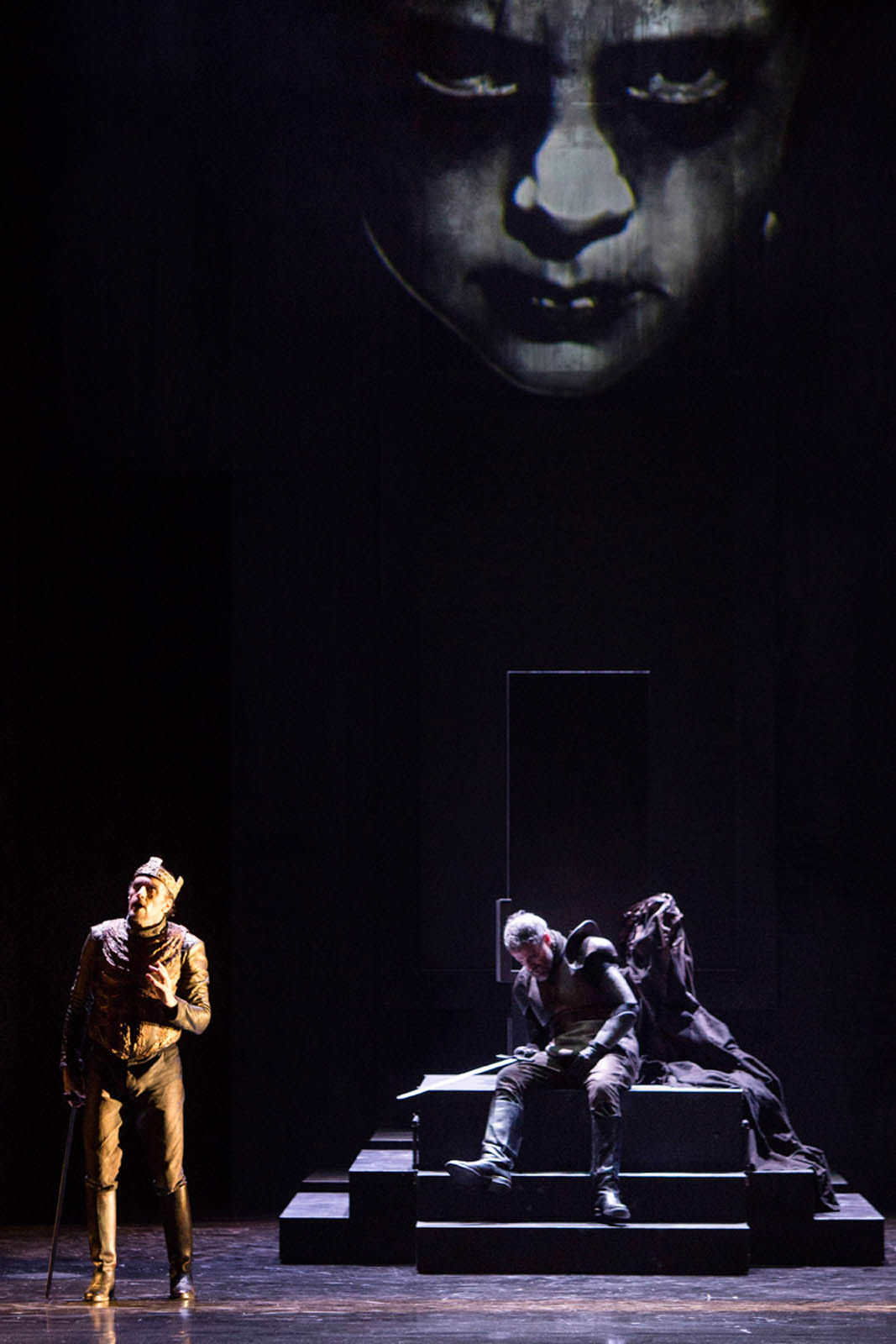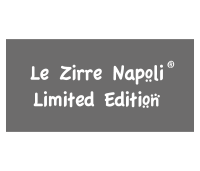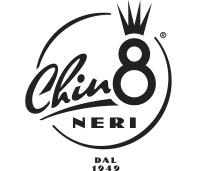DI/BY WILLIAM SHAKESPEARE
TRADUZIONE/TRANSLATION GIANNI GARRERA
REGIA/DIRECTED BY LUCA DE FUSCO
CON/WITH LUCA LAZZARESCHI, GAIA APREA, FABIO COCIFOGLIA, PAOLO CRESTA, FRANCESCA DE NICOLAIS, CLAUDIO DI PALMA, LUCA IERVOLINO, GIANLUCA MUSIU, ALESSANDRA PACIFICO GRIFFINI, GIACINTO PALMARINI, ALFONSO POSTIGLIONE, FEDERICA SANDRINI, PAOLO SERRA, ENZO TURRIN
E CON LE DANZATRICI DELLA COMPAGNIA KÖRPER/AND THE DANCERS CHIARA BARASSI, SIBILLA CELESIA, SARA LUPOLI
VOCE FUORI CAMPO/VOICE OFF ANGELA PAGANO
SCENE/SET DESIGN MARTA CRISOLINI MALATESTA
COSTUMI/COSTUME DESIGN ZAIRA DE VINCENTIIS
LUCI/LIGHT DESIGN GIGI SACCOMANDI
MUSICHE/MUSIC RAN BAGNO
COREOGRAFIE/CHOREOGRAPHY NOA WERTHEIM
PRODUZIONE/PRODUCTION FONDAZIONE CAMPANIA DEI FESTIVAL – NAPOLI TEATRO FESTIVAL ITALIA, TEATRO STABILE DI NAPOLI, TEATRO STABILE DI CATANIA
date/dates 19 giugno/june h 21.00
20 giugno/june h 19.00
luogo/venue teatro mercadante
durata/running time 2h 15min (con intervallo/with intermission)
lingua/language italiano/italian
paese/country italia/italy
Written between 1605 and 1608, Macbeth tells the story of the vassal of King Duncan of Scotland who – eaten by ambition and desire for power following the prophesy that he received from the three witches – plots together with his wife to kill Duncan and take control of the throne. «From studies by Bloom and Freud – says Luca De Fusco – and analysing the text, one attempts to elaborate on the origin of evil. This is an important theme which can be read into Macbeth (as sustained by Freud), and which upholds a more transcendental interpretation. The witches are not only the fruit of Macbeth’s fantasy, their apparition transforms – as Lady Macbeth says – “a man too full o’ the milk of human kindness”, into a ferocious beast». Alongside the protagonists, interpreted by Gaia Aprea and Luca Lazzareschi, many other actors from the highly-acclaimed performance of The Cherry Orchard and Oresteia, and the continuing collaboration with the Israeli artistes Ran Bagno and Noa Wertheim for the music and choreography.



